We interview one of the well-known and long-standing faces of Caldes Solidària, an association with over three decades of work behind it, promoting solidarity from Caldes de Montbui.
The phrase by Daniel López that headlines the interview perfectly sums up the perspective that has guided the work of the association Caldes Solidària for more than three decades. Founded in Caldes de Montbui in 1991, the organization’s mission is not only to carry out projects and accumulate grants, but to weave long-lasting relationships that help improve the lives of communities and individuals.
From building a social center and a vocational training school in Mampatim, Senegal, to launching a health project aimed at reducing household pollution in rural communities in Nepal, Caldes Solidària has done extensive work over the course of its three-decade-long journey. Today, we revisit its history with Daniel López, one of the people who founded the association and who has been one of its most visible faces since the beginning.
What drove you to create Caldes Solidària back in that now distant 1991?
The roots of the association lie in the pacifist movement. At first, we were a group of conscientious objectors to military service, back when there was not yet a law on objection. In fact, we had the privilege of Pepe Beúnza, the first conscientious objector, moving to Caldes, and with him we formed a group. Later on, we began tax objection, a group of around ten people from Caldes. At that time, everything wasn’t yet computerized and tax declarations were done on paper. We withheld the amount corresponding to the Ministry of Defense—not to save it for ourselves, but to allocate it to other purposes.
Where did you allocate that money?
We attached a receipt to the declaration showing that we had donated that money—quite a significant amount for the time, around eighty thousand pesetas annually—to social purposes. We saw the need to ensure responsible and high-quality use of those funds, and the opportunity arose to channel them to the Piarist priest Josep Artigas, who was—and still is—working in Senegal. We established a relationship with him and provided him with financial resources.
Had you already set yourselves up as an association at that point?
No, we were more of an informal association, so to speak. Following our collaboration with Josep Artigas, we realized that working in development cooperation made perfect sense and was complementary to the work for peace and conscientious objection. That led us to create Caldes Solidària. We made a local call, and people from different groups came together and formally established the association.
Are the founding goals of the organization still relevant more than three decades later?
Not only are they still relevant, but we have also expanded them. Initially, the idea was to work in development cooperation to help improve the living conditions of populations with lower levels of human development. Later, however, when immigration began arriving in Caldes, we saw the need to contribute to facilitating their integration. It didn’t make sense to try to improve living conditions in Senegal while turning our backs, for example, on the Malians who came to Caldes—among the first to arrive.
Where does the organization stand today?
Regarding our cooperation work, we have the advantage and privilege of having accumulated experience and built a network of partners with whom we collaborate. This has meant that the quality of our work is much higher now than it was in the beginning, when we were still learning.
What lessons did those early years of the association teach you?
I always explain that the first major cooperation project we launched was the construction of a school in the community of Mata de Piña (El Salvador). We were very happy to have gone from an empty plot of land to a well-equipped school, but over time we realized that part of the work had not been done properly: for a while, classes were taught by young people who did not have sufficient training. That made us see that the most important thing, beyond financial resources, is people.
If you want to build a school, the essential thing is to ensure teachers and teacher training. That was a lesson. In any case, the school was built in the 1990s and it is still running today, as part of the public network. So, despite not having acted wisely enough, the final result has been extraordinary.
In this sense, and with the experience you have gained, what is your philosophy of cooperation?
We are clear that human development is not a matter of money, but a cultural issue. Changes happen across generations, when young people understand the importance of education, of managing water, or of proper nutrition. That is why the most important thing in cooperation is maintaining a relationship over the years, because these relationships generate benefits in both directions.
In what way?
In Senegal, for example, the communities that have received agricultural training have created small local businesses and cooperatives; and at the same time, in Caldes our young people have broadened their view of the world. We do not have the economic power to transform everything—although resources are necessary for projects—but we can contribute to a cultural transformation that is essential for sustainable change.
What are currently the main areas of action of Caldes Solidària in the field of cooperation?
At the moment, we are mainly promoting three cooperation projects. One of them, particularly complex and still in the development stage, involves building and organizing a vocational training school with public recognition in agriculture and livestock farming in Upper Casamance (Senegal), in the village of Mampatim, which is of a similar size to Caldes. There, we already helped establish a social center that is wonderful. We are collaborating with Josep Artigas, although he is now at an advanced age, which makes us consider carefully whether we will ultimately be able to carry the project forward.
You’ve been working in Mampatim for many years.
Initially, we wanted to set up the vocational training school when Josep Artigas arrived in Mampatim, but he immediately realized that, for a project of this magnitude to make sense, social recognition was necessary—something we didn’t yet have at that time. He came from Lower Casamance, where the cultural reality is different.
So first, it was necessary to earn the community’s trust.
Yes, that’s why we decided first to promote a social center that would help earn this recognition and offer opportunities. The public institute, located just a few meters away, does not have electricity in its classrooms, and having a computer room was essential for students to learn and continue studying. Moreover, the center also hosts groups of young women from Mampatim who work for the liberation and defense of women’s rights.
Another important project has been developed in Nepal.
It was also one of the first places where we worked in cooperation. Initially, we collaborated on building orphanages, and following the earthquake, we resumed cooperation with a reconstruction project based on anti-seismic technologies. Together with the Polytechnic University of Catalonia (UPC)—I am a professor at UPC—and an architect specializing in earthquake-resistant construction for low-resource contexts, we developed simple and effective solutions, such as using wooden beams, to make houses safer. The project was carried out with UPC students and faculty, as well as architects and collaborators from the association Amics del Nepal.
And you didn’t stop there.
Once the earthquake crisis had passed, we launched another project to address a different problem: household pollution. In Nepal, as in many other places, cooking is still done indoors over an open fire without a chimney—just three stones on the floor with a fire—which causes very high levels of indoor pollution. According to the data, this pollution causes about three million deaths annually—roughly three times more than tuberculosis and far above malaria. This led to the launch of the Smoke-Free Kitchens project, part of the Awasuka program, which promotes the installation of optimized kitchens with chimneys.
What does it involve?
It consists of workshops where materials for building the chimneys are prepared. The program manager, a Nepalese national, identifies the families most in need: they contribute part of the cost, and the rest comes from international cooperation. One thing we are clear about is that if everything is given for free, it is not valued. Around 900 kitchens have already been built, with various funders, including notably Caldes de Montbui.
Have you been able to assess the impact?
In collaboration with UPC, the impact of this solution is being measured. Air quality sensors were installed in ten homes, before and after the kitchens were installed, to measure CO₂, gases, and particles such as PM10 and PM2.5. The results show a clear improvement in air quality. Additionally, a survey following WHO criteria was conducted to assess the women’s health status, which also shows significant improvement.
This work has already been presented at epidemiology and cooperation conferences in Spain, and a scientific paper is currently being prepared for publication. Therefore, we are working not only on the cooperation side, which includes a service component, but also on defining policy.
You’ve mentioned three projects. What is the third?
The third project, launched this year, is being carried out at Gambo Hospital in Ethiopia, in collaboration with Catalan pediatrician Iñaki Alegria. The aim is to improve the first thousand days of children’s lives, starting from pregnancy, strengthening the network of local clinics and health centers, providing training for health agents, and supplying the necessary infrastructure. The central challenge is learning how to structure a public network with limited resources, working hand in hand with local health authorities. Given the lack of trained personnel, the key is to train health agents and incorporate digital tools to facilitate their work. It is a project just beginning, but with a long-term vision.
You also coordinate the ‘Vacances en Pau’ program.
We have coordinated the 'Vacances en Pau' program for many years, and for a time even managed it for Vallès Oriental. It is essential for us, because while everyone knows the dramatic situation of the Palestinian people, the Sahrawi people have lived for fifty years under the same conditions with much less visibility. Nowadays, it is difficult to find families willing to host, but in Caldes we are satisfied: this summer we hosted three Sahrawi children, a number that places us above the Catalan average.
Not all of your work is carried out beyond our borders.
Here we run an informal school designed to teach Catalan and Spanish, with a professional educator. However, the real goal is to help students understand their environment: from shopping at the market to understanding how the school system works. Participants come from very diverse backgrounds, ranging from illiterate people who have never been to school to students with a high level of cultural education, and this presents different challenges. The project works well and is enriching. In addition, we collaborate with the Town Council on joint programs, such as the mentorship program, which has been recognized with the ONCE award in the social field.
What can you tell me about this mentorship program?
Its operation is very simple. It involves pairing a local resident of Caldes with a young newcomer to the town so they can accompany one another. Bonds of friendship are created, and at the same time, a support system is built that facilitates the integration of newcomers and progress in both directions.
You can also be found gathering every Wednesday.
Yes, we are part of the group that promotes a gathering every Wednesday at seven in the evening in Caldes’ Plaça de l’Àngel, which we call Canaletes. The goal is to show our indignation at the situation faced by the Palestinian people today. We remain in contact with people connected to Aturem les Guerres (“Stop the Wars”), with whom we share denunciation and a commitment to peace and justice. In fact, a very valuable figure in the group is from Caldes, Pepe Beúnza, who is part of our team.
From your experience and your work in favor of peace and human rights, how do you see the times we are living in now?
In recent years, the situation has become very worrying. The rise of racism and xenophobia is a serious and disturbing global problem. This is linked to the resurgence of militarism, with military budgets growing excessively—something that does not protect us but rather pushes us into a never-ending arms spiral. And the goal of all this is profit: the United States, the main arms seller, pressures NATO to allocate up to 5% of GDP to military spending.
Meanwhile, countries like Germany are considering reintroducing compulsory military service, and France is increasing its military budget while cutting social policies. Altogether, it’s a very dangerous cocktail. Moreover, today society shows less solidarity than thirty years ago and tends to focus on its own problems, forgetting about others.
What would you say are the main difficulties you have encountered as an organization in carrying out your work?
Speaking of funding—one of the recurring problems for organizations—we have managed to get the Caldes Town Council to allocate 0.7% to cooperation. That is a struggle we have won and, fortunately, we have a very aware council. Our mayor was president of the Catalan Fund and is now its vice-president, and he is strongly committed to cooperation. For example, they are now organizing a trip—they have already done one—to the occupied Sahara. The most important difficulty, however, is the lack of people willing to take on a permanent commitment to this kind of work.
The generational handover.
Clearly, this is an important difficulty. Some old folks like me should already be starting to step aside (laughs). That said, we do have very capable young people and young families who are eager to take part in this solidarity work. So, we are confident we will be able to overcome this challenge as well.
What future challenges do you have in mind for Caldes Solidària?
The main challenges are the three projects we’ve mentioned: carrying them out, ensuring their continuity over time, and increasing the number of people involved in the association. These are really the two most important challenges.
On the other hand, it is always worth remembering that we do not live alone: we are in an increasingly globalized world, with enormous economic, cultural, and social interactions. Working in cooperation is therefore also working for our own benefit; it is not purely an altruistic donation, but a contribution to improving the future of our society.
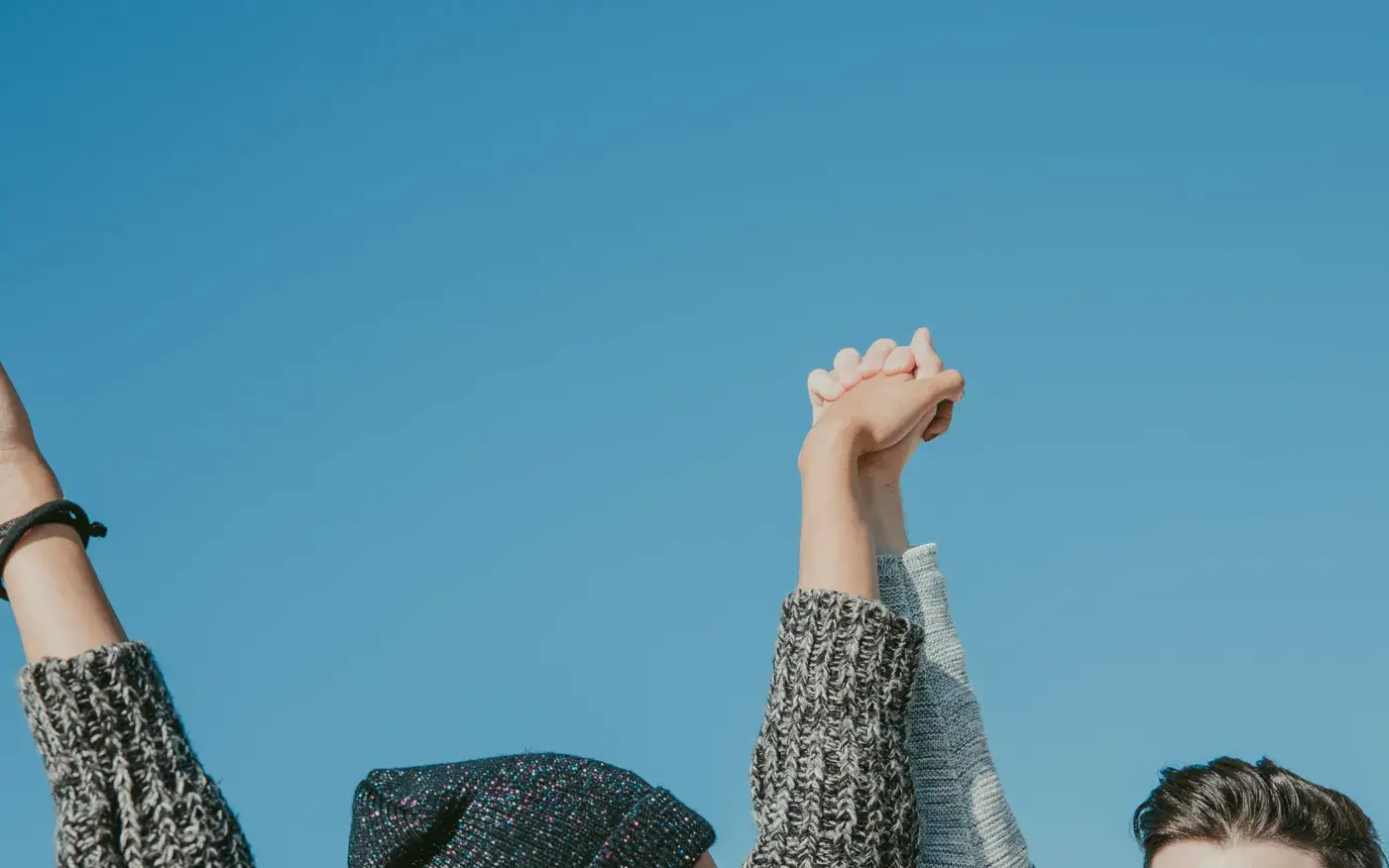


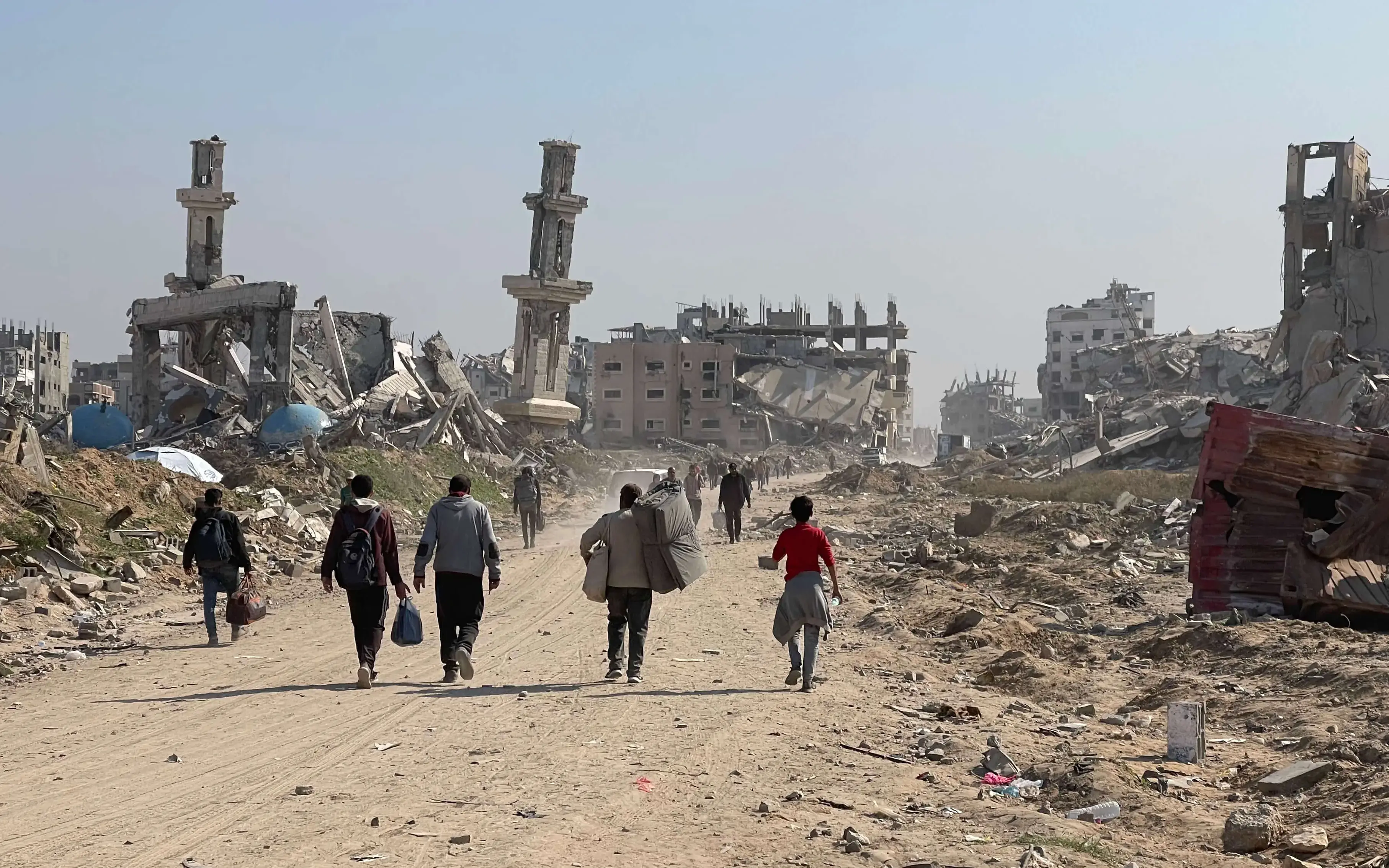
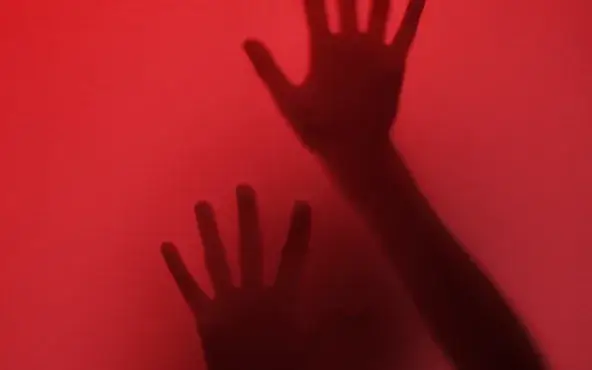
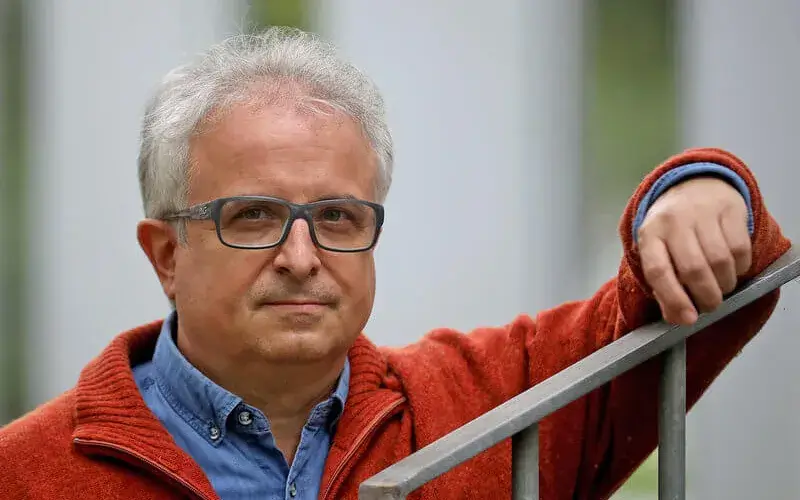
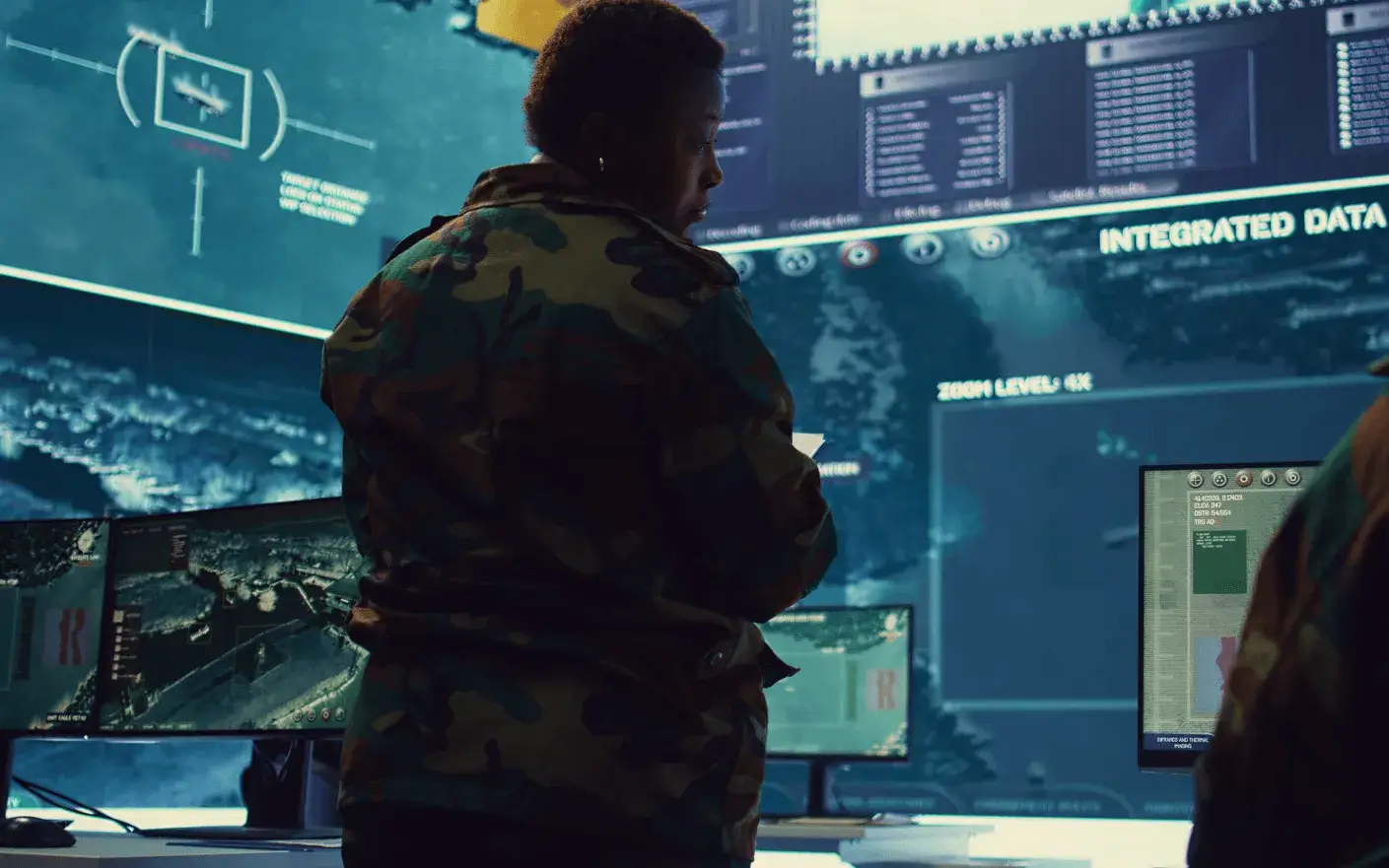
Add new comment